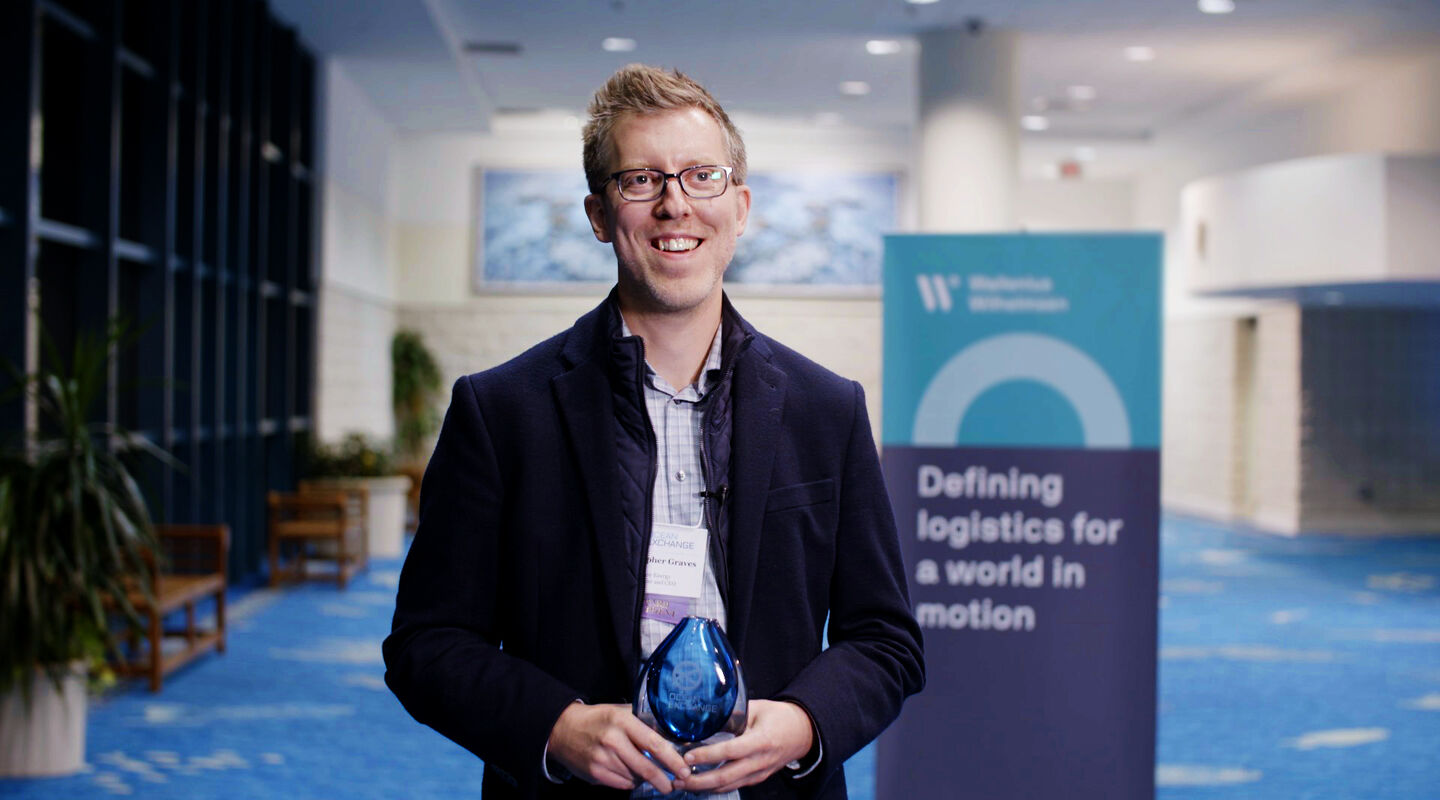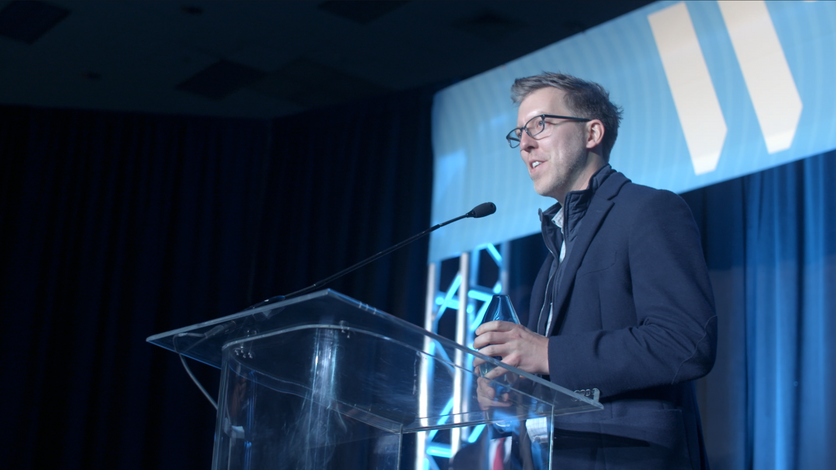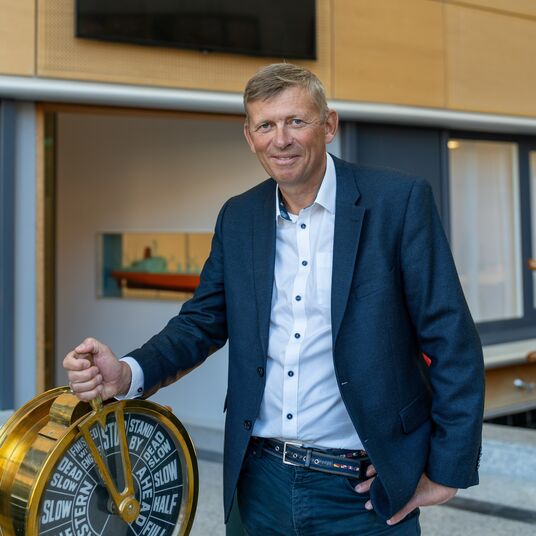New battery able to power zero-emission vessels wins Orcelle Award
Noon Energy has won the 2019 Orcelle Award for a technology that has the potential to power the zero-emission vessels of the future.

California-based Noon Energy has won the $100,000 Wallenius Wilhelmsen-backed Orcelle Award for its novel carbon-oxygen battery technology.
As solar and wind power are growing rapidly and dominating electricity generation around the world, new low-cost energy storage technologies are urgently needed to balance these inexpensive but intermittent renewables. Noon Energy is developing a battery that uses ultra-low-cost storage media which is both cheaper than conventional lithium-ion technology and offers three times the energy density.
The batteries could one day have the power and range necessary to propel electric ships long distances for weeks at a time, producing zero emissions. Long-term, the battery technology could also vastly extend the range of electric cars, provide stationary power in-port and onboard vessels and even facilitate the development of affordable electric aircraft.
“Noon Technologies is honoured to win the Orcelle Award for 2019,” says company chief executive Chris Graves. “There are likely to be a number of applications in shipping for this novel carbon-oxygen battery technology as there is nothing quite like it out there now, so we are pushing it towards commercialisation.”
Graves first became aware of Ocean Exchange and the Orcelle Award through his role as a fellow with Cyclotron Road, a programme – run by the Lawrence Berkeley National Laboratory in partnership with non-profit organisation Activate – that supports entrepreneurial scientists and engineers as they turn their research into transformative products that address global challenges. “The shipping industry was already on our radar. We figured even if we didn’t win, we would make some interesting contacts thanks to Ocean Exchange,” says Graves. “We learnt an awful lot from the awards event in Fort Lauderdale.”

Noon Energy is developing a battery that uses ultra-low-cost storage media which is both cheaper than conventional lithium-ion technology and offers three times the energy density.
One of the benefits of Noon’s technology is the relatively low cost of raw materials. “At a system level, when we move to longer duration batteries, we believe our technology could be ten times cheaper than current lithium-ion battery designs. The systems could also be smaller because they have three times the energy density. That is why we are looking at vehicle applications and targeting long range electric vehicles.”
The prize money will “move the needle for us as an early stage start-up”, explains Graves. “It will also give us the chance to develop a next-stage prototype, which addresses some key engineering challenges, as well as design the prototype with the shipping industry in mind.”


